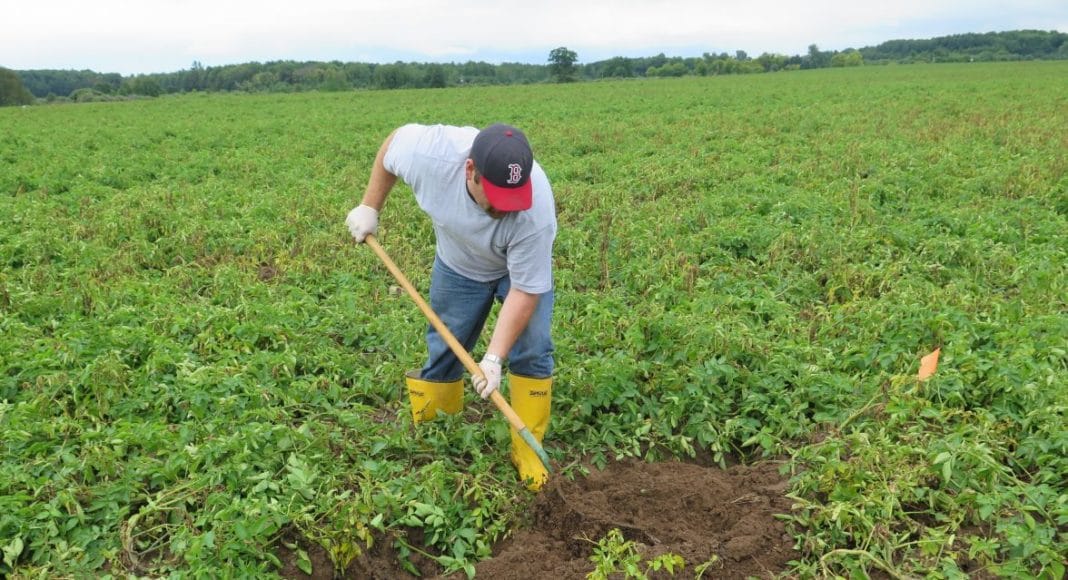Growers are always looking for ways to capture higher returns for their potatoes. With land and inputs costing what they are today, it’s difficult to farm profitably no matter your crop. Luckily, there is a way to make more with potatoes, but it’s going to take a change of mindset.
Many producers focus on yield first. To make the very best french fries, we need – and will pay well – for producers to increase their focus on quality. Two critical tools for maximizing quality are preconditioning and – and hear me out – sugar testing.
Sugar sampling is widely used by chipper growers but so far mostly ignored in the french fry sector. However, as we look to push the bar higher on french fry potato quality, gaining as much insight into a crop as possible helps inform best management practices.
In fact, Simplot believes enough in sugar testing that we’ve collected and paid for sampling for the past three years to introduce and encourage the practice among growers. We’ve also hosted several tech transfer extension days. Now that we’ve laid the groundwork, we’re handing the baton to growers to run with themselves. We hope that, as growers become more familiar with the practice, they’ll move from seeing sugar sampling as a cost to seeing it as an investment: an information gathering tool that allows one to tailor management to tubers’ chemical maturity rather than working from hunches.
Of all the years growers might choose to sugar test, this one is likely to offer particular value. Delayed planting in the spring means more of the crop is likely to be harvested immature. While sugar sampling can’t fix an immature crop, it can help a grower map out a harvest plan that allows the most immature, high-sucrose fields maximum time to mature. It also provides insight into post-harvest management, allowing a producer to store like-maturity lots together for best preconditioning. Growers will also have to employ excellent preconditioning techniques, using sugar data to determine if holding the temperature longer after harvest is necessary to get better fry colour from immature potatoes, but not preconditioning so long that other issues appear.
We recommend all fields be sampled at least two times before harvest to determine the chemical maturation trend of the crop. At the very least, fields with different planting dates and/or different varieties, and fields that experienced growing season stress including heat, inadequate watering or hail should be tested. Aim for sucrose levels below two mg/g at harvest in Russet Burbank potatoes.
Contact Gaia Consulting, which now runs a Techmark Certified YSI Potato Sugar Lab in Newton, Man., for help with fry colour and sugar analysis. Contact them at Darin Gibson at (204)856-9349 or Debbie Jones at (204)292-1844.
Related Articles
Manitoba Now Has a Sugar Testing Lab
Roundtable — Making Potato Storage Easier with Sugar Sampling











